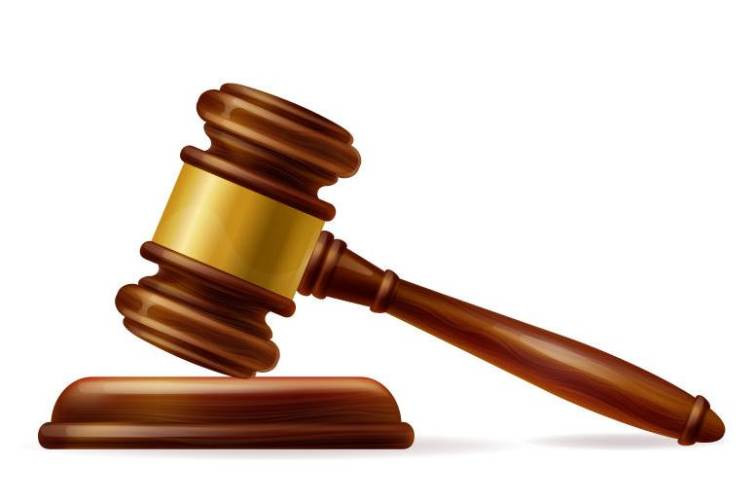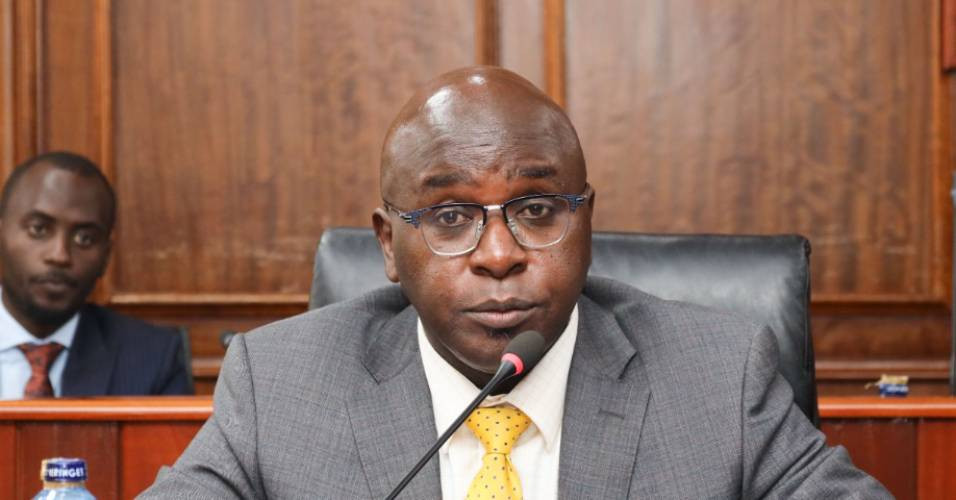NAIROBI: The Government has scrapped five per cent Capital Gains Tax and introduced a 0.3 per cent withholding tax in a bid to increase competitiveness in the stocks market.
The announcement made by Treasury Cabinet Secretary Henry Rotich during the 2015-2016 budget reading effectively slashes levies to be remitted to the Kenya Revenue Authority (KRA).
It also comes after stockbrokers contested reintroduction of the tax, after its suspension in 1985, saying it is slowing down capital market activities.
And even after the brokers lost their case at the High Court, they moved to the second highest court in the land and the case is still pending in the Appeal Court.
CONFUSING LAW
In their contention, the brokers say the tax is impossible to implement and also expressed fears its reintroduction would negatively impact securities and property markets.
"Mr Speaker, we also reinstated Capital Gains Tax last year so as to allow property and share owners to make their fair contribution to the exchequer," Mr Rotich said during his address.
He continued: "However, implementation of the law has faced some challenges in some sectors of the economy. In order to address these challenges and ensure enforceability and compliance, I propose to remove the five per cent tax on capital gains arising from sale of shares and introduce a 0.3 per cent withholding tax on the transaction value of the shares."
In court, Kenya Association of Stockbrokers and Investment Bankers (Kasib) lamented that money demanded from investors is unrealistic and will lead to them paying taxes twice.
However, Justice Ngugi in her judgement upheld KRA's argument that the law on tax had been properly passed by the August House and its implementation was a matter of policy that would not hurt their rights.
The judge made a finding that the National Assembly had subjected the law to accepted levels of public participation by discussing it on the floor of the House.
The judge also said the fact that the law on capital gains tax was suspended and not repealed meant that Parliament intended to re-introduce the levy in the future.
Investors are now expected retain 0.3 per cent of any gains realised from the trade of shares and the brokers are expected to act as agents of KRA.
"Over the past decade, most wealth has been in the property and capital market sectors. However, we continued to shield those who were making the largest amount of money from these two sectors from taxation, while taxing incomes from meagre sources like formal employment," KRA Commissioner General John Njiraini said.
MORE REACTIONS
Stay informed. Subscribe to our newsletter
The brokers however, argue that there are conflicting clauses as one demands collection of 7.5 per cent and the other five per cent deduction.
They claimed in their suit that the compulsory calculation and submitting of the tax is impossible and the whole law confusing.
Capital gains tax was re-introduced by the Finance Act, 2014 and imposes a five per cent tax on gains made from the transfer of property including land, buildings and investment shares.
The announcement by the CS on the floor of the house is expected to raise more reaction from Kasib officials and the move to lower the bar might be welcomed.
The taxman defines capital gain as excess of the transfer value over the adjusted cost of property that has been transferred, sold, exchanged, conveyed or disposed of in any manner.
Capital gains tax is what is levied on profit made from the sale. In other words, KRA does not tax based on the amount received but on profit made.
 The Standard Group Plc is a
multi-media organization with investments in media platforms spanning newspaper
print operations, television, radio broadcasting, digital and online services. The
Standard Group is recognized as a leading multi-media house in Kenya with a key
influence in matters of national and international interest.
The Standard Group Plc is a
multi-media organization with investments in media platforms spanning newspaper
print operations, television, radio broadcasting, digital and online services. The
Standard Group is recognized as a leading multi-media house in Kenya with a key
influence in matters of national and international interest.
 The Standard Group Plc is a
multi-media organization with investments in media platforms spanning newspaper
print operations, television, radio broadcasting, digital and online services. The
Standard Group is recognized as a leading multi-media house in Kenya with a key
influence in matters of national and international interest.
The Standard Group Plc is a
multi-media organization with investments in media platforms spanning newspaper
print operations, television, radio broadcasting, digital and online services. The
Standard Group is recognized as a leading multi-media house in Kenya with a key
influence in matters of national and international interest.








